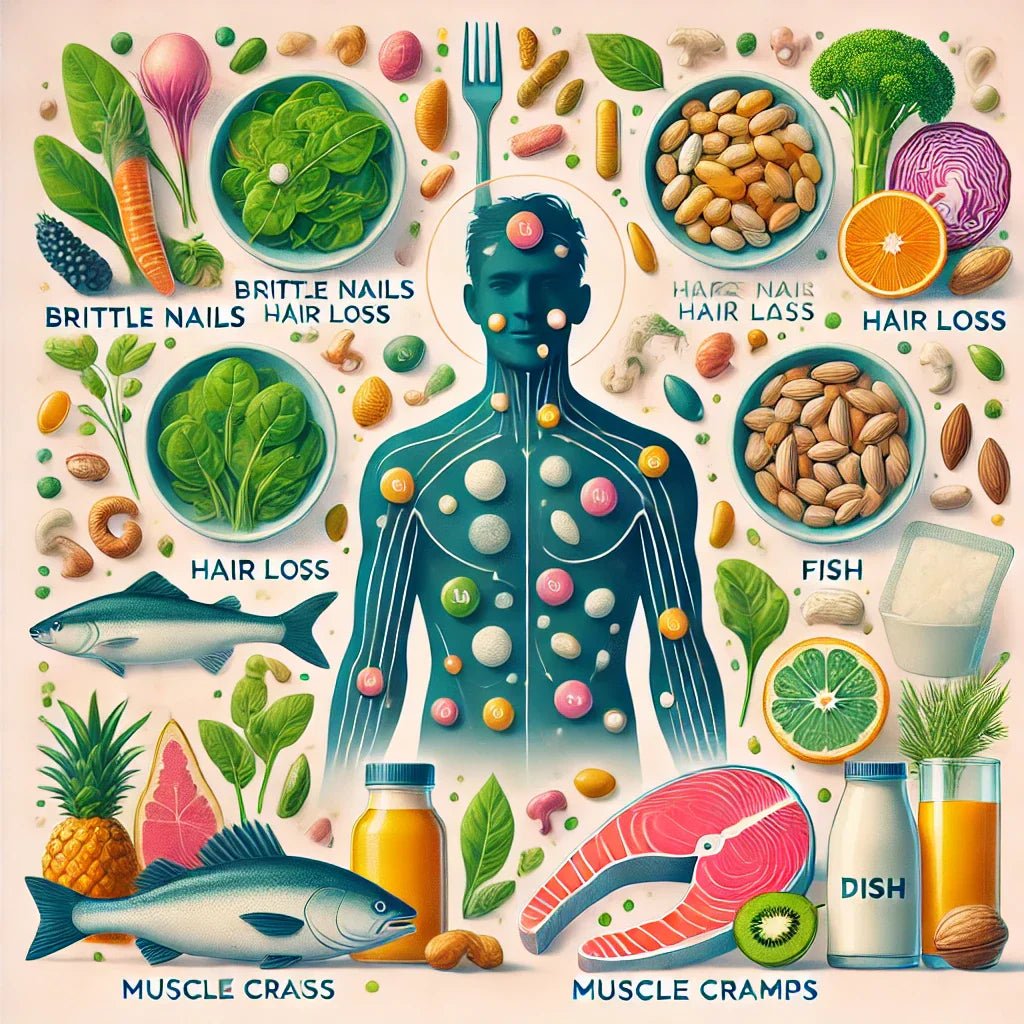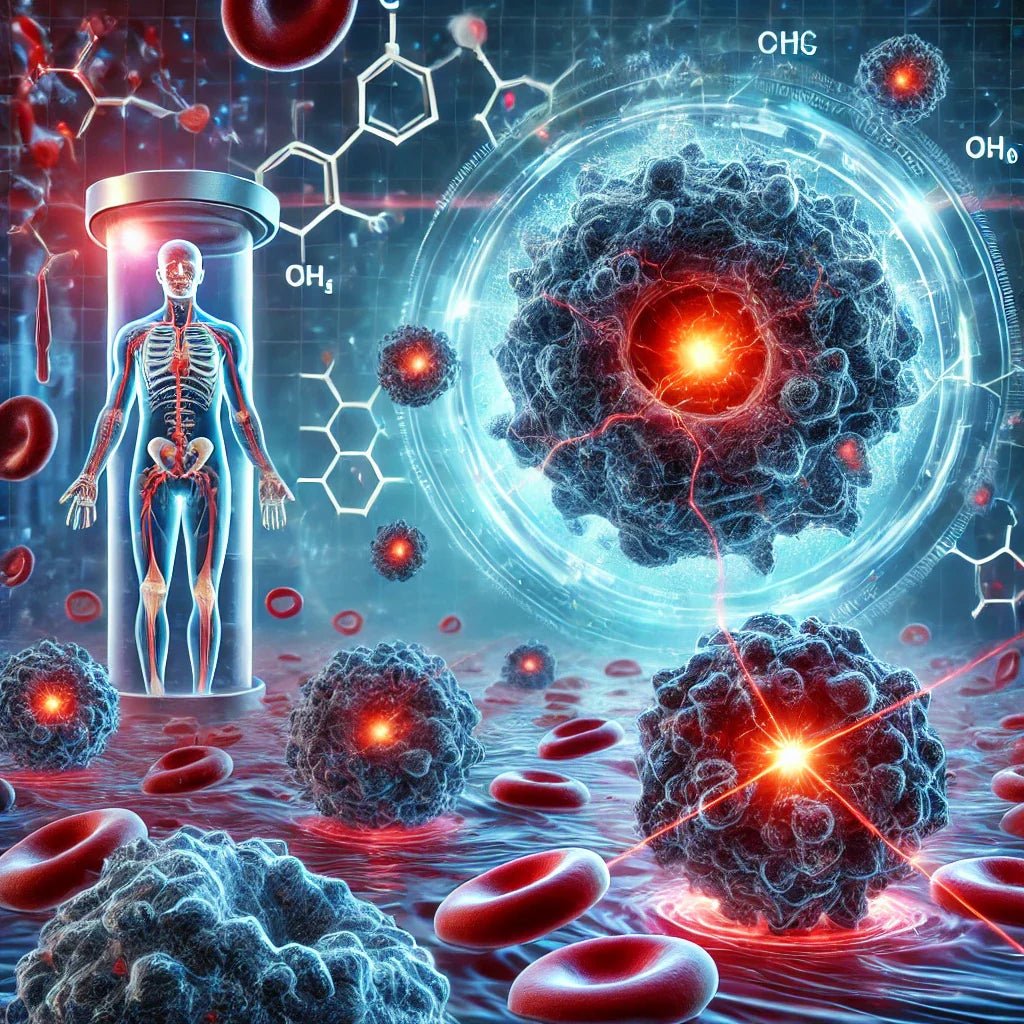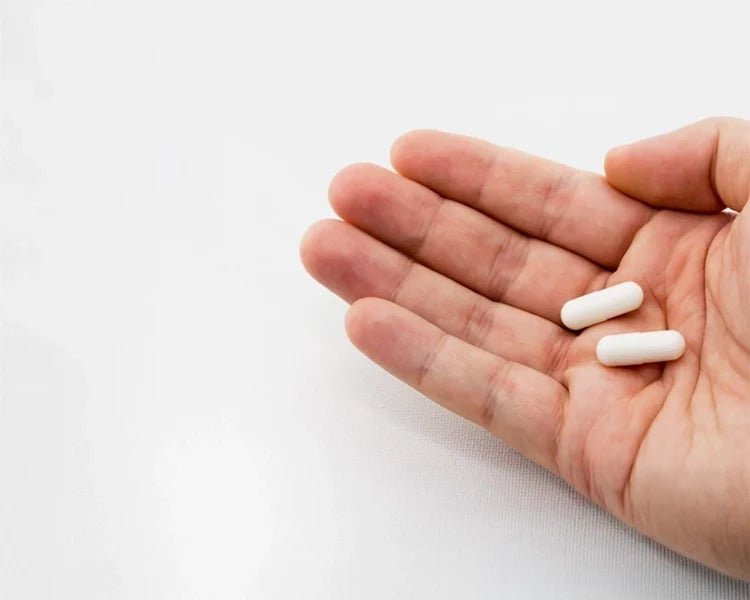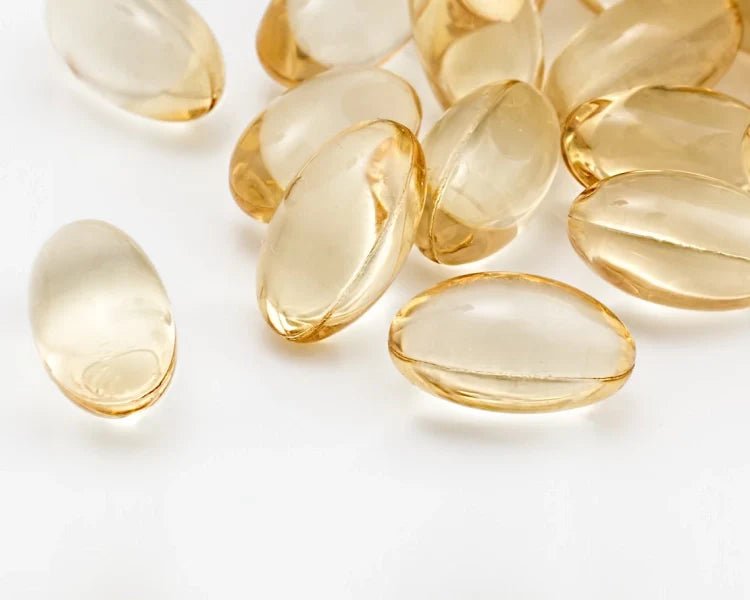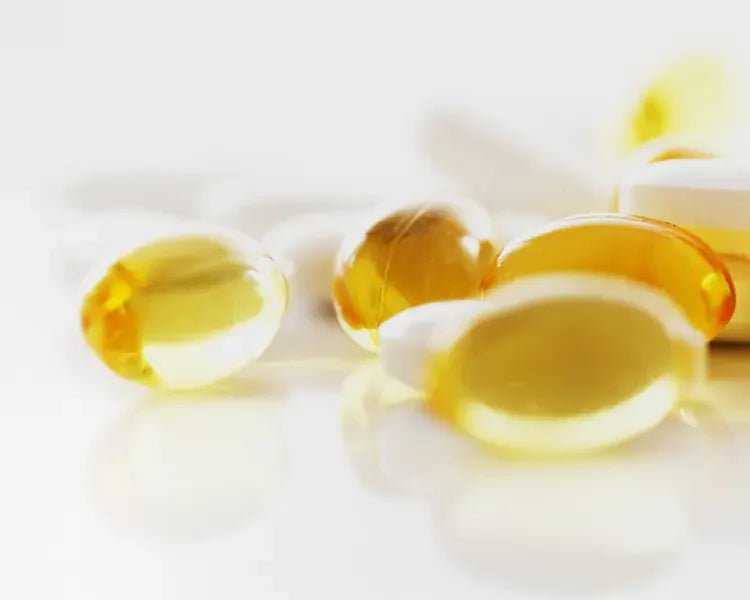In recent years, scientific research has contributed to a better understanding of carcinogens, substances or environmental factors that can lead to the development of cancer. These dangerous compounds may be present in the air, food and even everyday products! Please remember that avoiding these substances may reduce your risk of cancer!
Carcinogenic factors
The most important EXTERNAL carcinogenic factors include:
- Tobacco smoke: Tobacco smoking is one of the greatest risk factors for cancer, not only of the lungs, but also of the urinary bladder, liver and large intestine!! What makes cigarettes so harmful? Tobacco products include, for example : CADM, BENZOPYRENE, BENZENE, FORMALDEHYDE AND ARSEN!
- Air pollution: Long-term inhalation of toxic airborne substances, such as dust and exhaust fumes, may increase the risk of developing various types of cancer. Unfortunately, in large cities we are unable to avoid exposure to these factors, especially in the autumn and winter.
- Environmental Pollution: Certain chemicals present in the environment, such as pesticides and nitrogen compounds.
- Unhealthy diet: Certain dietary components , such as processed meats , excess salt and trans fats, may increase the risk of cancer, such as colon and breast cancer.
Additionally, you should watch out for:
- Aflatoxins are toxins produced by Aspergillus molds that can grow on various foods such as nuts, seeds, cereal grains, dried fruits and spices. Aflatoxins are considered carcinogenic to humans and may increase the risk of developing liver cancer!
- Nitrosamines - chemical compounds formed as a result of the reaction between nitrates/nitrites and organic amines. They may be present in meat products, such as cold cuts, which contain nitrate additives. Nitrosamines are considered carcinogenic and may increase the risk of developing stomach, colon and pancreatic cancer.
- Acrylamide , a chemical compound formed as a result of the reaction between amino acids and sugars during high temperatures, such as frying, baking or grilling. Acrylamide is present in food products such as potato chips, French fries, bread, as well as coffee and cocoa. It is considered a strong carcinogen!
Attention! If that were not enough... The degree of harmfulness of these factors will depend on various ENDOGENOUS processes and disorders. Here we can point out the main INTERNAL factors:
- Mutations in genes that control growth, cell division and DNA repair can lead to uncontrolled cell growth and cancer. Some of these mutations may be inherited, while others may be the result of errors in the DNA replication process!! Interestingly, you can influence this process with external factors - DIET AND PHYSICAL ACTIVITY !!
- Some hormonal disorders, such as excessive production of sex hormones, may increase the risk of developing cancers such as breast cancer, ovarian cancer and prostate cancer. ATTENTION! These processes can be influenced by SLEEP!
- Inflammation: Chronic inflammation in the body can lead to tissue damage and changes in repair processes, which in turn can promote the development of cancer. An example is liver cancer caused by chronic inflammation of the liver caused by the hepatitis B or C virus.
- A weakened or improper functioning of the immune system may lead to incorrect recognition and destruction of cancer cells. People with immune disorders such as syndrome
Such a wide list of factors contributing to the development of CANCER gives food for thought. Nowadays, it is difficult for us to limit a significant part of the prescribed substances or change our lifestyle from one day to the next, so learn about CANCER prevention and try to limit carcinogenic factors as much as possible, take care of a balanced diet, sleep, and reasonable supplementation that will support natural processes. detoxify the body, making it easier to fight free radicals!
AUTHOR:
Marta Wcześniak
CLINICAL DIETITIAN
BIBLIOGRAPH:
- International Agency for Research on Cancer (IARC). (2018). Tobacco Smoke and Involuntary Smoking.
- International Agency for Research on Cancer (IARC). (2020). Outdoor Air Pollution.
- International Agency for Research on Cancer (IARC). (2019). Chemical Agents International Agency for Research on Cancer (IARC), 2018]
- American Cancer Society (ACS). (2021). What Causes Cancer?
- Theodoratou, E., & Timofeeva, M. (2019). Cancer epidemiology: associations and mechanisms of endogenous causes. In Molecular Pathology of Cancer (pp. 15-26). Springer, Cham.


